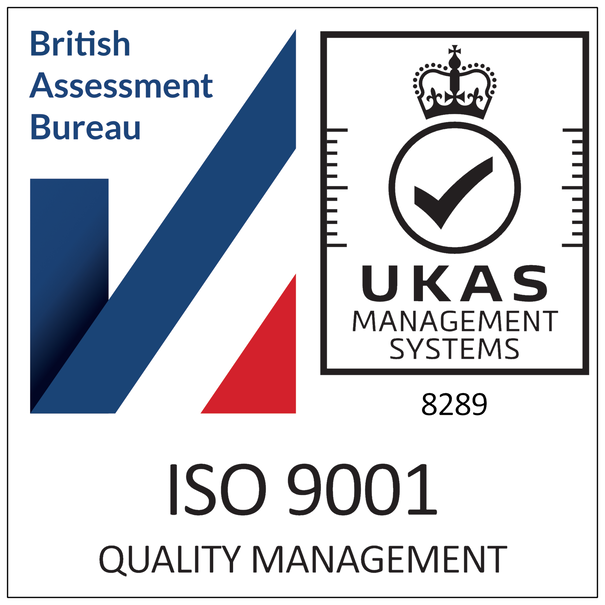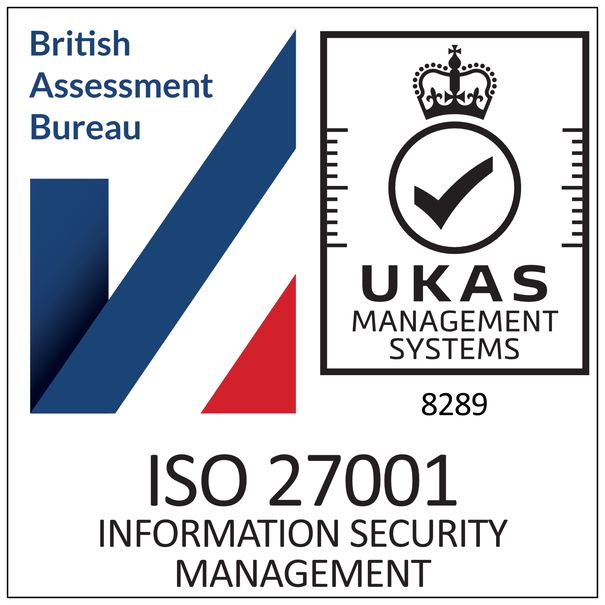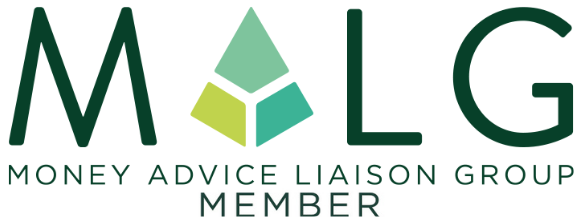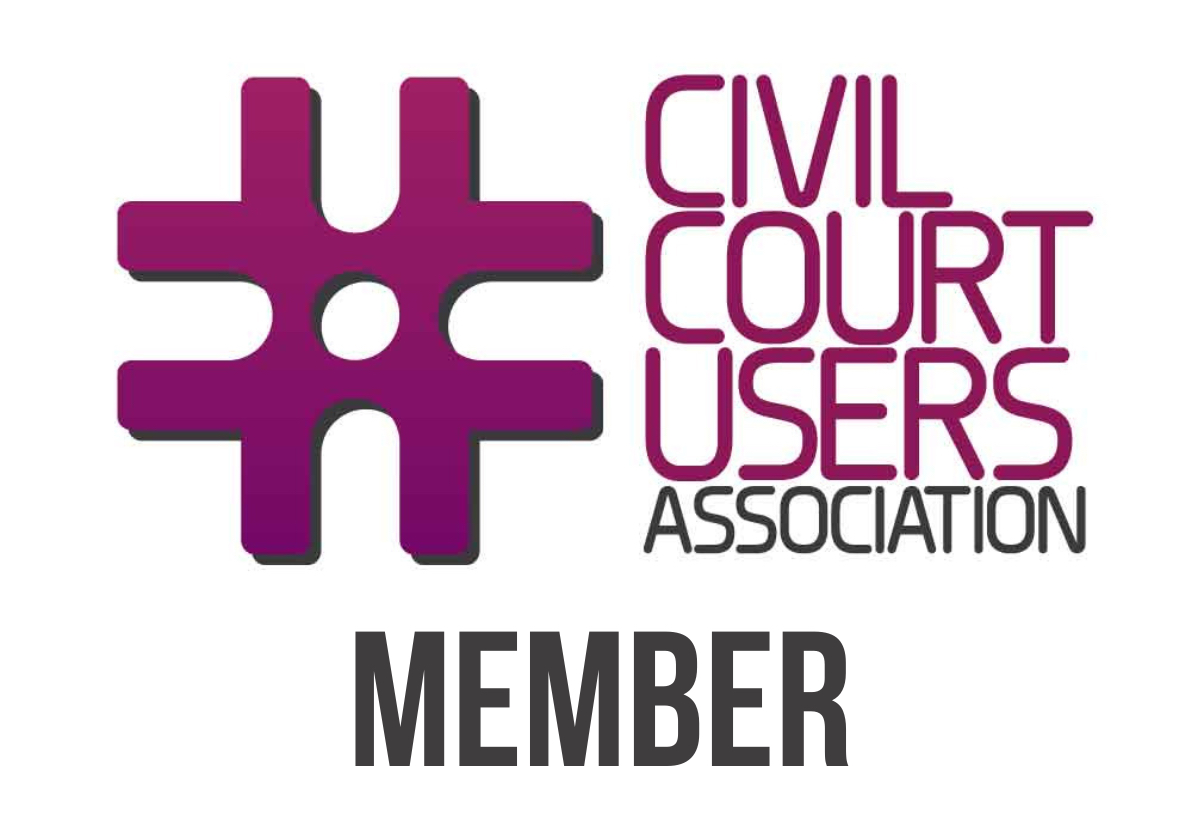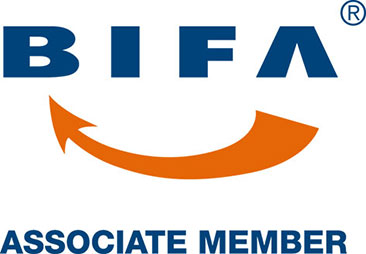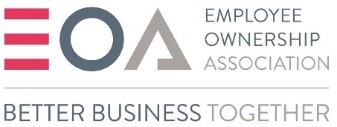
All business owners and credit control teams will know that late payments disrupt cash flow to the point where it can affect the ability to pay their own suppliers or employees.
Whether they are from a new or long-time customer, outstanding invoices are a real problem which should be addressed swiftly.
To avoid late payment impacting your organisation, here are 4 steps you can take to address late payment.
1. Double-check your invoicing | ||
Before making assumptions about your customers' payment practices, double check in case the problem may stem from your side. The main things you should reference as soon as an invoice becomes outstanding are:
- Payment terms - Are there any special terms that could extend the due date of the invoice?
- Invoice - Is the due date stated correctly?
- Communications - Is your customer not satisfied with your goods or services? Has your customer complained about anything in the invoice? Has your customer had difficulties with the payment methods you provided?
If you discover there are any issues, then make sure these are resolved before moving onto the following step. |
|
|
If your invoicing is accurate and you still have not received payment, the next step is to send your customer a friendly reminder. This will give them a chance to pay the invoice or to voice their concerns if they are having issues paying.
In your reminder, you should:
- State the unpaid invoice's unique number and due date
- Say that you haven’t received payment
- Ask when you can expect payment
- Ask if your customer has questions about the invoice or the goods or services supplied, or if they need help with the payment methods you provided
- Ask if there are any other reasons why they haven't paid you
- Attach the unpaid invoice even though your customer already has it. This is to prevent them from making excuses such as they didn't receive it, lost it, or forgot about it.
Sometimes a reminder may give your customer the nudge they need to pay you. Or you may find out the underlying reasons for the late payment. If you do not get a response to this, then it’s time to move onto the next step.
|
Calling your customer and asking them to pay over the phone is not something that everyone is comfortable in doing, and there may be a challenge to speak directly to the right person. But it’s an important next step if your customer has gone silent after receiving your reminder.
Here are some do's and don'ts of asking for payment once you've got them on the phone:
Don'ts |
- Don't assume anything. There might be many reasons why your customer hasn't paid. So listen to what they have to say.
- Don't get heated. You may strongly disagree with your customer on some points. But staying calm and firm often yields better results.
- Don't hang up empty-handed. Get your customer to agree on a next step, whether it's setting a new payment deadline or arranging a payment plan.
Do's |
- Do prepare. Have all the information about the outstanding invoice and its payment terms ready.
- Do insist that your customer pays the invoice as soon as possible. Let them suggest first how they'd like to do that.
- Do make deadlines for everything. Once you both agree on what the next step should be, make it clear when it'll happen and when to follow up.
- Do have a Plan B. Without making threats, do advise your customer of options should they break the agreement. For example, you could engage a debt collections agency to collect the outstanding invoice. Keep in mind that you'll need to carry out your Plan B if the situation arises in order for your customer to take it seriously and not spoil future credit control efforts.
Once you have established further information on the call, you may decide to give them a payment plan option or an extended due date for example. Whatever solution you agree on, it’s important to follow the next step.
4. Send follow-up notes |
If you have come to a verbal agreement, then ensure you have noted down what has been discussed and send these points to your customer. This is often a good way to motivate them to fulfil their promise and remind them that you are taking it seriously. You could also ask them to confirm the recorded agreement. By having everything down in writing, you have proof and a reference point for future calls if your customer doesn't follow through with the agreement.
During the call, it may be useful to note the following:
- What is your customer's next step to pay the outstanding invoice?
- What is your next step to help your customer, if applicable?
- When should those steps happen?
- When will you follow up to make sure that those steps happen?
In many cases, this process may just be the start of a longer process, and if you find it becomes too time-consuming to collect your unpaid invoices, or your efforts haven't resulted in payment, it’s worth getting external help.
An experienced and professional collections agency like Controlaccount has the expertise and knowledge to successfully encourage your customers to pay, while at the same time maintaining your business relationships. Our services can be delivered on a no collect, no fee arrangement. Speak to one of the team for more information and a receive a no obligation quote.





